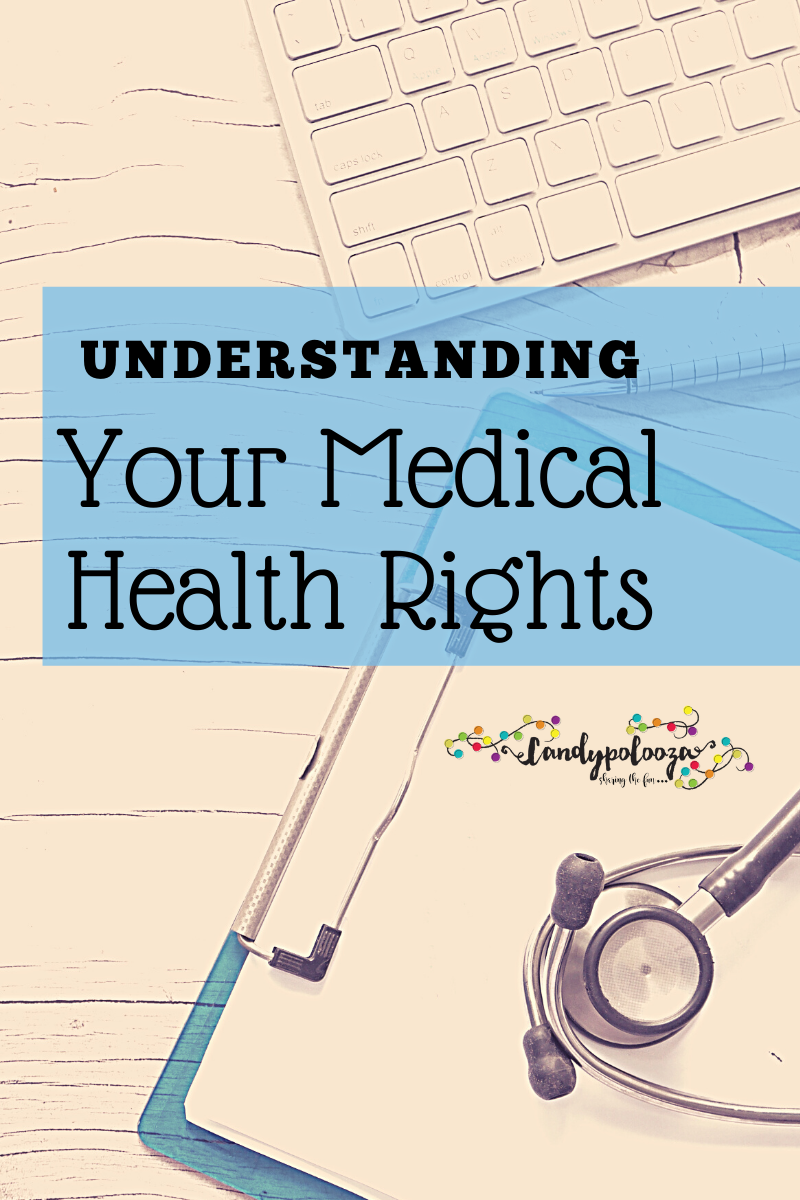Understanding your medical health rights is super important. Healthcare in the United States is a complex minefield of legal jargon and a never-ending sea of change that always seems to be two steps ahead of everyone else. Today, healthcare providers are subject to the same standards of service provision that any other service provider is. It’s important to know what you’re entitled to before you embark on a healthcare regimen when you need surgery, or more serious care is essential. As consumers, we are at times unprepared to navigate this field, it’s important to know your rights.

It’s all good and well when things go well, but what happens when they don’t? Do you know what you’re entitled to and who you can contact when you need assistance in the eyes of the law? When do you need medical malpractice attorneys, and when are you entitled to a second opinion? I’ll help answer a few of these questions now.
COMMUNICATION
Patients are entitled to open and honest communication from their healthcare provider at all times, and whatever information they hold on you can and must be furnished on demand. Many times patients may feel intimidated to ask for fear of offending, but when it comes to events that could be potentially life-changing, you should feel empowered at all times to access this information.
INFORMED CONSENT
The following is information you are entitled to know (and should know) at all times:
- What is your doctor planning on doing about your condition and or treatment?
- Is the doctor proposing minor or significant surgery, and why are they choosing that particular course?
- What is the intended outcome of the procedure or treatment, and what are the potential side effects or long-term implications of that course of action?
- All of the risks and benefits that you could be facing as well as;
- Any potential alternatives to the suggested treatment that may yield specific benefits or dangers.
All of this information should be presented in ways that are easy to understand and are easily accessible.
CONFIDENTIALITY
Your healthcare is your business. Any of your personal and medical information relating to your healthcare cannot be released to anyone without your prior consent under no circumstances. Did you know, that the Health Insurance Portability and Accountability Act of 1996 (HIPPA) was enacted to protect your personal information. Always make sure to read the forms your sign during your intake, no matter the situation.
THE RIGHT TO MEDICAL HEALTH CARE
This is one of the murkiest areas of healthcare in the United States, and the prevailing stream of thought is that if you don’t have health insurance, you could be in a lot of trouble. However, for those who cannot afford health insurance, any hospital that accepts federal money must provide free or reduced-cost healthcare for those who can’t afford it.
Remember that your oral health is as vital as your general health, so look into that as well. These rules can differ from state to state and city to city, so it’s vital that you know your rights in the area you’re in. Some basic research online can direct you to healthcare providers that will assist you either for free or work out an affordable treatment plan.
Healthcare in the United States enjoys world-class standards, but you could find yourself in hot water if you don’t have insurance. It pays to have at least some insurance based on what you can afford instead of no insurance, so reach out to a broker and get some good advice.